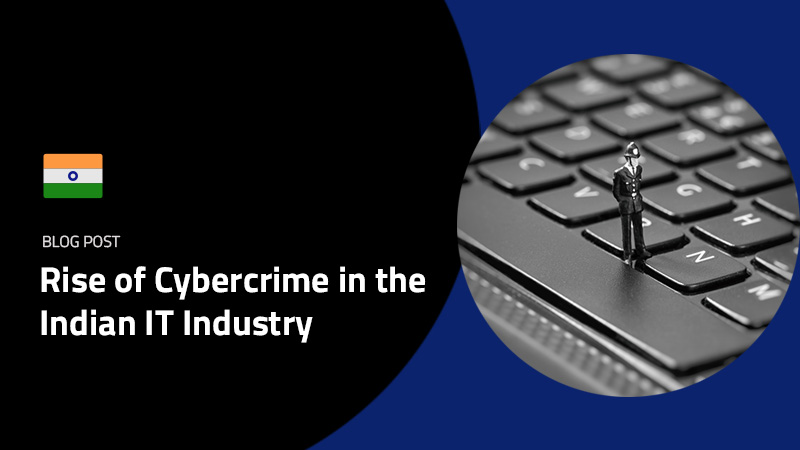Employee monitoring is widely recognized as an important protection against hacking, cybercrime, and illegal or inappropriate use of corporate hardware and software by employees. For employers, the icing on the cake is that it’s even been linked to productivity gains.
The problem is that some employees are less than enthused at the thought of having their communications monitored, even when employers are well within their rights, and in extreme cases disgruntled workers and troublemakers have attempted suing on the grounds that their privacy had been violated. Here’s a rundown of three such cases, and how they played out.
Playing Dirty? The Supreme Court Says Do it On Your Own Device
A police officer in the city of Ontario, Calif., sued the city in 2003 after the city, which had been trying to figure out whether it needed an increased data plan for its department pagers, looked at text messages he’d sent and discovered that he’d been using his work issued pager to send sexually explicit messages to his girlfriend.
“…The city shouldn’t be punished because a legitimate workplace search found sexually explicit messages.”
The officer claimed invasion of privacy, but the city said in a brief, “The City and Department should not be punished because a legitimate workplace search happened to turn up sexually explicit messages that plaintiffs need not and should not have sent on government-issued equipment in the first place.”
The case made it all the way to the Supreme Court, which unanimously ruled in favor of the city in 2010. The justices said the city’s review of the texts was a reasonable work-related search.
Private Email on a Corporate Device? The Jury is Out
In another case a company, the Loving Care Agency, used a forensic image of a former employee’s computer’s hard drive in preparation of a case against said employee, and found records of emails she had sent to her lawyer from her personal email account.
The woman demanded these emails be returned and any copies destroyed. Loving Care refused, arguing the woman had no expectation of privacy on a workplace computer.
Loving Care attorney Peter G. Verniero said the agency’s computer policy reserved the right to look at “all matters on the company’s media systems” and that the company had the right to review any information on its equipment.
“When you have an e-mail/computer-use policy similar to the one that you have in this case, it’s as if the employer is looking over your shoulder every time you enter information on your computer,” Verniero said in court in December 2010. However, the jury felt otherwise and the case was decided in favor of the employee.
Court Says Chat Records Left on Corporate Devices Aren’t Private
Our final case involves a ruling regarding a series of instant messages exchanged between two former employees of digital design agency Fantasy Interactive, who sued the company in 2012 after the company obtained a copy of a Skype chat conducted between them.
“…Accessing the Skype file did not involve hacking”
The employees claimed they’d exchanged the messages outside of work using their own devices. The company was able to access the messages on one of the women’s work computers because Skype makes available a transcript of chats on whatever computer a user is logged onto.
“Accessing the Skype file did not involve hacking,” Fantasy Interactive’s lawyer, Aimee Drouin, told Forbes at the time. “It was like copying a Word document from the computer.” She added, “There’s no expectation of privacy on work computers.”
Conclusion
The three cases listed above make it clear that the legal framework for handling digital privacy is still in its infancy, and we can have little hope legislative bureaucracy will do more than play a slow game of catch-up to the paradigms raised by pace of technological developments.
Cases that involve digital privacy of employees in the workplace are widely disputed, with rulings often overturned in appeals, and final resolution often depending on where the case was heard, who was the owner of the device on which the alleged breach of privacy took place, and, ultimately, the whim of the jury…






